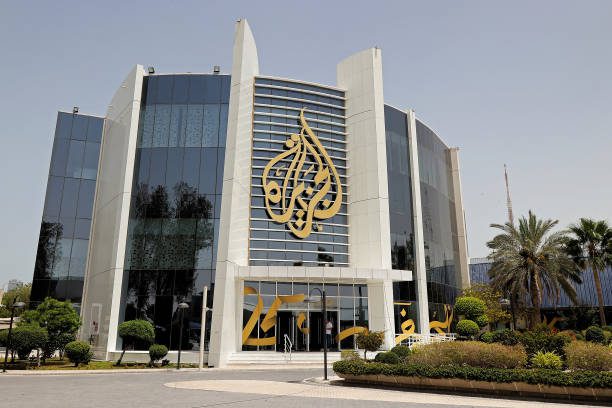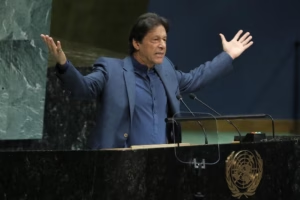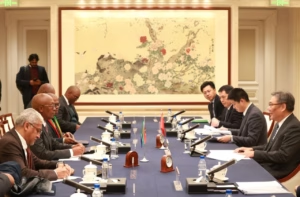the Israeli government has announced its intentions to prohibit the operations of the Qatar-based pan-Arab network, Al Jazeera, within its borders. This announcement was made by Prime Minister Benjamin Netanyahu, who described the network as a “mouthpiece of Hamas.” This decision comes amid the ongoing conflict in Gaza, marking almost half a year of hostilities.
The move to shut down Al Jazeera’s operations in Israel was underscored on Monday, with the Knesset, Israel’s parliament, enacting a provisional statute. This legislation empowers the Prime Minister to terminate the operations of a foreign media outlet if it is adjudged to pose a risk to national security. Netanyahu, currently recuperating from hernia surgery, expressed his determination to apply this new law against Al Jazeera, citing national security concerns.
“Al Jazeera has harmed Israel’s security, actively participated in the October 7 massacre, and incited against Israeli soldiers. It is time to remove the bullhorn of Hamas from our country,” Netanyahu articulated on X (formerly Twitter).
He further elaborated on his intent to expeditiously utilize this law to cease the channel’s broadcasting activities within Israel.
The Communications Minister, Shlomo Karhi, echoed this sentiment, indicating that Al Jazeera’s broadcast would be obstructed “in the coming days.” He emphasized that “there won’t be freedom of expression for Hamas mouthpieces,” referencing a report by the Times of Israel. The contentious legislation is slated to remain effective until July 31, 2024, or the cessation of “significant military actions” in the conflict with Hamas, as per the Knesset’s declaration.
Al Jazeera, in response, has vehemently refuted the accusations, holding the Israeli Prime Minister accountable for the safety of its staff and the integrity of its global operations. The network has vowed not to be swayed by these allegations and is considering legal avenues to challenge the ban.
The channel asserted, “such slanderous accusations will not deter us from continuing our bold and professional coverage,” and threatened legal action.
The enactment of this law has not been without its detractors, even within Israel. MK Mansour Abbas has voiced opposition, arguing for Al Jazeera’s right to broadcast, noting its role in providing a platform for Israeli voices, including military spokespeople.
The international community, notably the United States, has also expressed apprehension regarding this development. The White House, through spokeswoman Karine Jean-Pierre, reaffirmed its commitment to press freedom, including for those reporting from conflict zones like Gaza.
Al Jazeera’s reporting from the region has not been without peril. Correspondent Shireen Abu Akleh and cameraman Samer Abudaqa were killed in separate incidents while covering operations in the West Bank and Gaza, respectively, with Al Jazeera attributing their deaths to the Israeli military.
This move comes against the backdrop of Israel’s declaration of war on Hamas following a surprise attack on October 7, which resulted in significant casualties and the capture of hostages, sparking a conflict that has seen extensive loss of life.
Does This Signal a Shift in Media Freedom?
As Israel enforces a ban on Al Jazeera, citing national security, the balance between safeguarding state security and upholding the freedom of the press is thrust into the spotlight. This action raises pivotal questions about the extent to which governments can, or should, control the media narrative during times of conflict and the repercussions such measures have on the foundational principles of press freedom and democratic discourse.

















